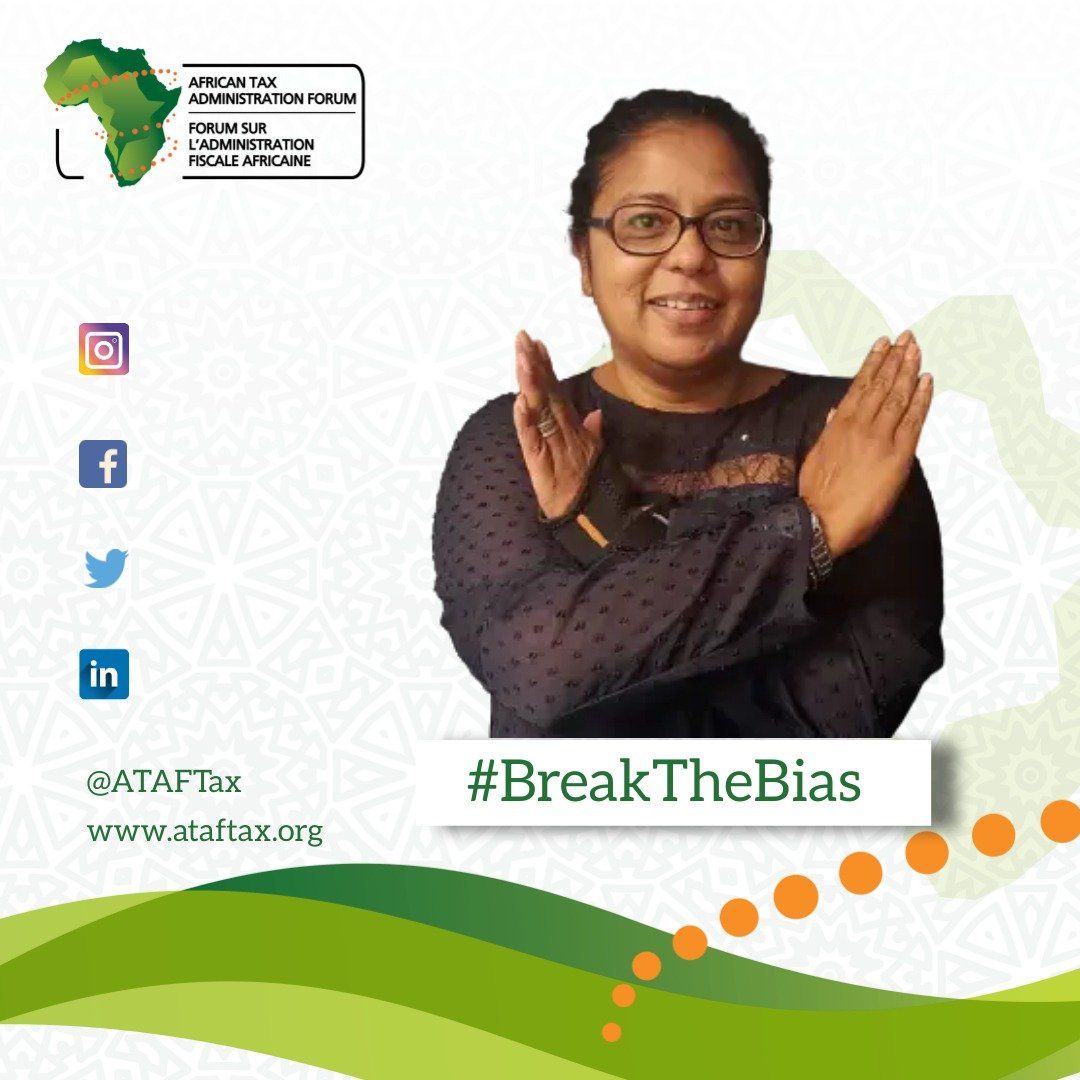How Africa’s Women are Breaking the Bias
Women who today occupy leadership and decision-making positions did so by overcoming considerable biases and need to be at the forefront in mobilising women to express their views and demand what they deserve.

The moment we begin to fear the opinions of others and hesitate to tell the truth that is in us, and from motives of policy are silent when we speak, the divine flood of light and life no longer flow into our souls – Elizabeth Cady Stanton.
Africa’s women hold the key to unlocking the continent’s potential to take its people on a meaningful and sustainable development trajectory. Yet, their full potential is stifled by long-standing misogynistic biases.
Women in Africa can take their cue from Elizabeth Cady Stanton, the leader of the women’s rights movement in the United States during to mid- to late-19th century who demanded the right for women to vote. Her steadfast and sustained determination to overcome gender biases bore fruit with the 19th Amendment of the US Constitution in 1920, more than 50 years after she embarked on her journey for women’s suffrage, which removed gender biases from voting. Her view that one’s essence is lost when one fears the opinions of others and are fearful of express the truth rings true in our contemporary world.
Women who today occupy leadership and decision-making positions did so by overcoming considerable biases and need to be at the forefront in mobilising women to express their views and demand what they deserve.
“Life doesn’t always give us what we deserve, but rather, what we demand. And so you must continue to push harder than any other person in the room” – Wadi Ben-Hirki.
Wadi Ben-Hirki captures the essence of the challenges faced by African women – that they don’t get what they deserve and, to express it more forcefully, to fight for what they want. It may appear unfair for women to have to fight for what they deserve but like Stanton, they need to remain steadfast in challenging and crushing particularly misogynistic biases. Africa’s women need to act collectively to initiate this challenge.
The ATAF Women in Tax Network (AWITN) is a collective of women who have broken some of the biases and can provide the intellectual leadership to confront contemporary biases. This can be achieved by, amongst others, raising awareness of gender biased employed policies; lobby for legislation that gives women a more equitable position in the workplace; to upskill women to unleash their potential, and to establish platforms where men and women can interact in an equitable manner to help women overcome their fears of raising their voices.
It’s time to celebrate women's achievements, raise awareness against bias and take action for equality.
Will you be joining us?
---
Varsha Singh
Senior Advisor
Board Member ATAF Women in Tax Network










